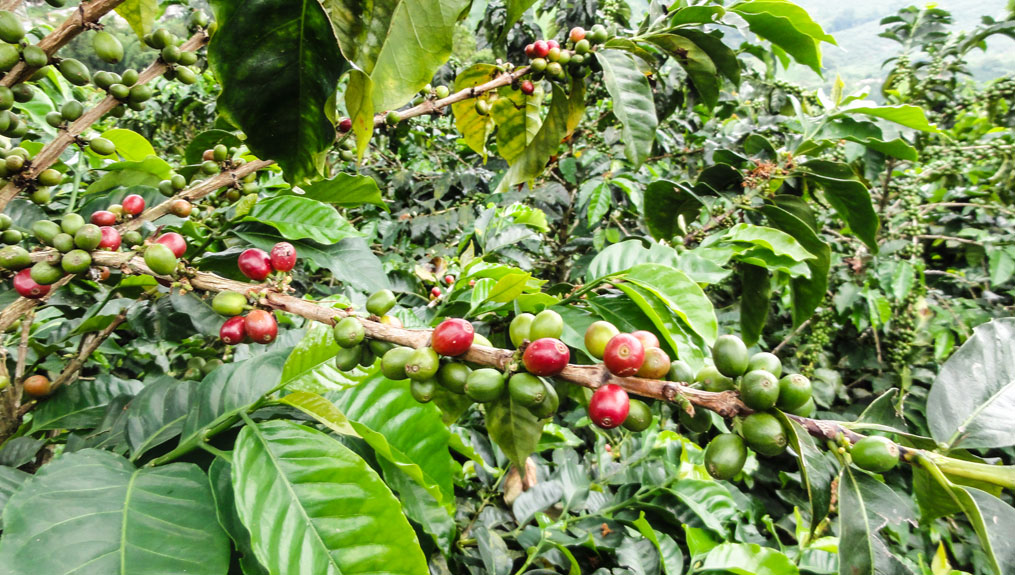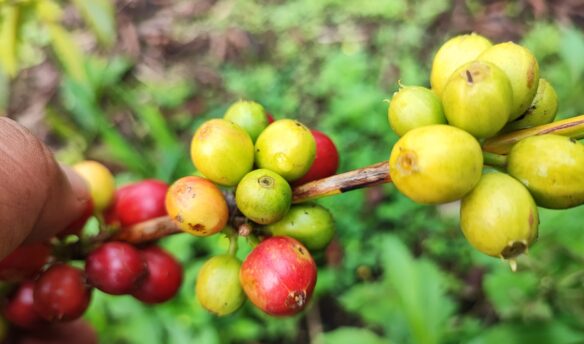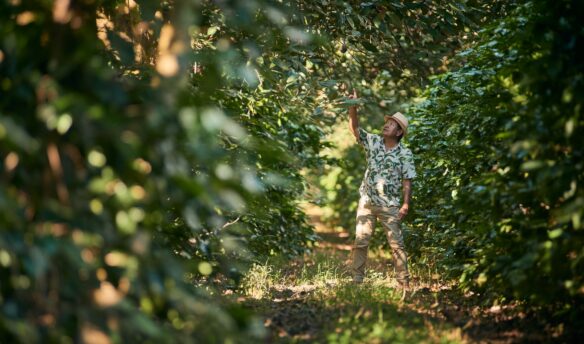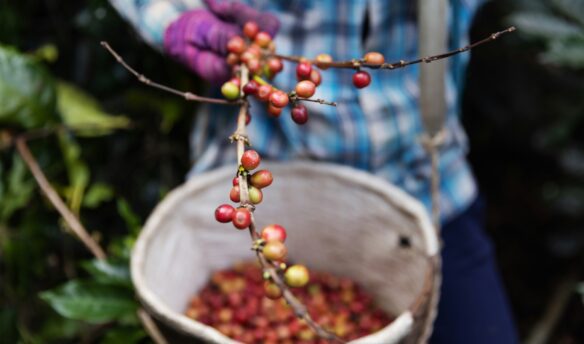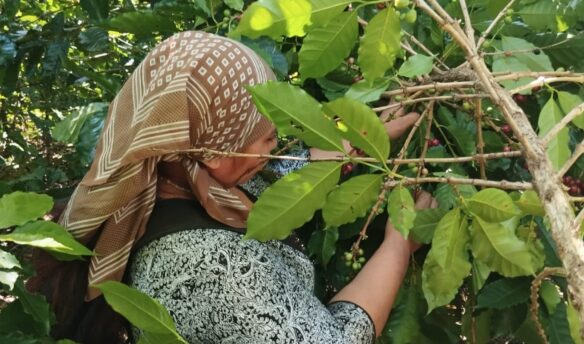[M]icrobiologist Dr. Claudio Avignone Rossa and his team of researchers based at the University of Surrey developed a fuel cell that uses microbes and waste water from the coffee production process to make electricity. Microbes eat the waste matter in a device the size of a can of soda and generate a small amount of electricity through the process. The team used cells that cost between $400–650 in the lab tests, but in an interview with The Guardian, Avignone Rossa claims that they were also able to generate similar results with a fuel cell that was produced for less than $3 each using materials like ceramics and disposable plastic boxes.
Implications from the discovery mean that farmers could reduce their own electricity spending or even pull in extra revenue from selling energy back to the grid, and the electricity generated would be entirely sustainable. The team is currently seeking funding to build a prototype facility in the field in Colombia.

